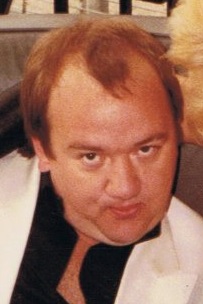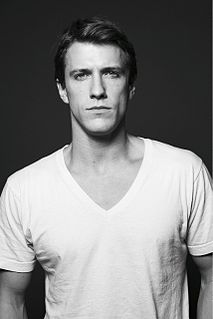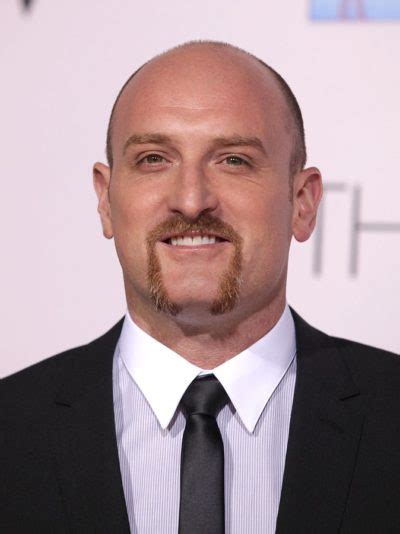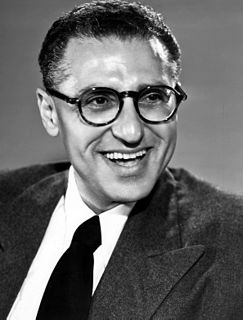A Quote by Dennis Farina
Do whatever you're directed to do, and leave the rest of that technical stuff up to the director.
Related Quotes
I know what its like to direct. You become a more considerate actor. After you have directed, you understand what is going on. You can't help but think of the material as a director. You do come up with suggestions. You come up with shortcuts that you weren't aware of before. You try to be helpful to the director if he has a lot on his hands.
One of the good things is the relationship between director and editor used to be more contentious. Studios used to leave directors alone more during the post production process and now they're clamoring to get in. So, the director and the editor end up teaming up sort of against the studio to fight what they're doing and you lose the creative tension that you used to have between an editor and a director.
The film The Conquest will be seen on many different levels and the American point of view is always more technical. The French are less technical - it's 'I like it, or I don't like it.' I hope that this film can have a life in the U.S. - it's the grand country of cinema. I grew up with Hollywood movies, so for a French director to have a film distributed in the U.S. is a real opportunity.
A strong film director does leave you to your devices. A strong director allows you to be free and you trust that he's there and he will tell you if you've gone too far. A strong director allows you to be much more experimental and take greater chances than a director who isn't secure within himself.


































